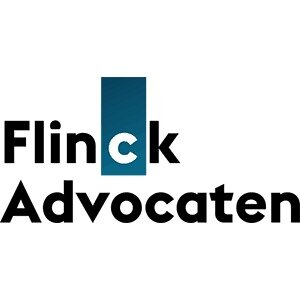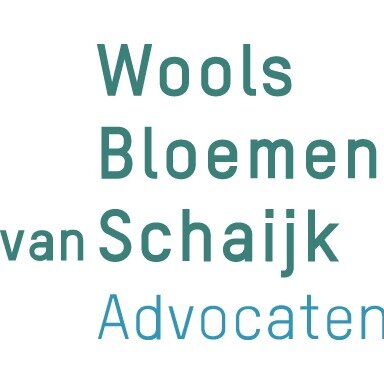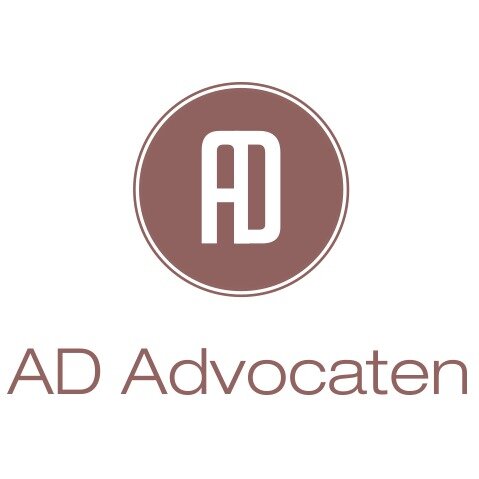Best Creditor Lawyers in Netherlands
Share your needs with us, get contacted by law firms.
Free. Takes 2 min.
Or refine your search by selecting a city:
List of the best lawyers in Netherlands
About Creditor Law in Netherlands
Creditor law in the Netherlands encompasses the rights and obligations of creditors-those to whom money is owed-and how claims can be enforced. This includes processes for debt collection, insolvency proceedings, bankruptcy, and securing debts through collateral arrangements. Dutch law provides a structured framework for creditors to recover their debts while ensuring fairness to debtors, possibly through court litigation or private arrangements.
Why You May Need a Lawyer
There are several situations where engaging a lawyer who specializes in creditor law may be necessary:
- Debt Recovery: When a debtor fails to pay their dues, legal guidance can help navigate the complex debt recovery processes.
- Bankruptcy Proceedings: If a debtor declares bankruptcy, a lawyer can help assert your claims and prioritize recovery.
- Contract Enforcement: Ensuring contractual agreements are respected and debts are secure can require legal input.
- Dispute Resolution: A lawyer can facilitate negotiation or litigation when disputes concerning debts arise.
- Securing Loans: Legal assistance may be needed to create security interests or collateral arrangements to secure debts.
Local Laws Overview
The Netherlands has specific laws that govern creditor rights, which are crucial for understanding how creditors may enforce their claims:
- Civil Code: Provides the foundation for most creditor-debtor relationships, outlining contractual obligations and liabilities.
- Bankruptcy Act: Regulates insolvency proceedings, offering mechanisms for debt settlement and asset distribution.
- Security Interests: Dutch law allows creditors to secure debts with such arrangements as pledges and mortgages.
- Debt Collection Regulations: Strong consumer protection laws ensure that debt recovery is conducted fairly and ethically.
Frequently Asked Questions
What is the process for claiming a debt in the Netherlands?
The initial step involves sending a written demand for payment. If unresolved, legal proceedings can commence through civil courts.
Can a creditor claim interest on overdue payments?
Yes, creditors can typically claim statutory or contractual interest on overdue amounts, subject to terms specified in the contract.
How does bankruptcy affect creditor claims?
In bankruptcy, creditor claims are typically frozen and prioritized based on secured or unsecured status, with a court-appointed trustee managing asset distribution.
What rights do secured creditors have in the Netherlands?
Secured creditors have a preferential claim to the assets tied to the security, such as pledged goods or mortgaged property.
What is a moratorium, and how does it relate to creditors?
A moratorium temporarily halts debt collection to provide the debtor time to reorganize finances, affecting how creditors can pursue debts.
Can creditors negotiate payment arrangements with debtors?
Yes, negotiation is common, allowing for payment plans or debt reductions that can benefit both parties by avoiding litigation.
What happens if a debtor challenges a debt claim?
The dispute is resolved through court processes where evidence is evaluated, and a judge determines the legitimacy of the claim.
Is legal representation necessary for debt collection in the Netherlands?
While not mandatory, legal representation is advisable to navigate the complexities of creditor laws and recover debts effectively.
Can creditors access debtor credit information?
With proper authorization, creditors can access debtor credit information, typically via credit bureaus, to assess financial risks.
How long do creditors have to claim a debt in the Netherlands?
The statute of limitations for debts is generally five years, although it can vary based on the nature of the debt and contractual terms.
Additional Resources
Here are some resources that might be helpful:
- Netherlands Bar Association: Provides legal support and can help find specialized creditor lawyers.
- Chamber of Commerce: Offers advice for businesses on managing debts and legal obligations.
- Consumer & Market Authority (ACM): Oversees fair business practices and can offer guidance on consumer rights.
Next Steps
If you find yourself needing legal assistance in creditor issues, consider taking the following steps:
- Consult a Specialist: Contact a lawyer who specializes in creditor law to discuss your issues and explore your options.
- Prepare Documentation: Gather all relevant contracts, communications, and financial records related to the debt.
- Explore Mediation: Mediation can often resolve disputes without the necessity of court intervention.
- Research: Understand your rights and obligations under Dutch law to be well-informed of your position.
Lawzana helps you find the best lawyers and law firms in Netherlands through a curated and pre-screened list of qualified legal professionals. Our platform offers rankings and detailed profiles of attorneys and law firms, allowing you to compare based on practice areas, including Creditor, experience, and client feedback.
Each profile includes a description of the firm's areas of practice, client reviews, team members and partners, year of establishment, spoken languages, office locations, contact information, social media presence, and any published articles or resources. Most firms on our platform speak English and are experienced in both local and international legal matters.
Get a quote from top-rated law firms in Netherlands — quickly, securely, and without unnecessary hassle.
Disclaimer:
The information provided on this page is for general informational purposes only and does not constitute legal advice. While we strive to ensure the accuracy and relevance of the content, legal information may change over time, and interpretations of the law can vary. You should always consult with a qualified legal professional for advice specific to your situation.
We disclaim all liability for actions taken or not taken based on the content of this page. If you believe any information is incorrect or outdated, please contact us, and we will review and update it where appropriate.
Browse creditor law firms by city in Netherlands
Refine your search by selecting a city.
















